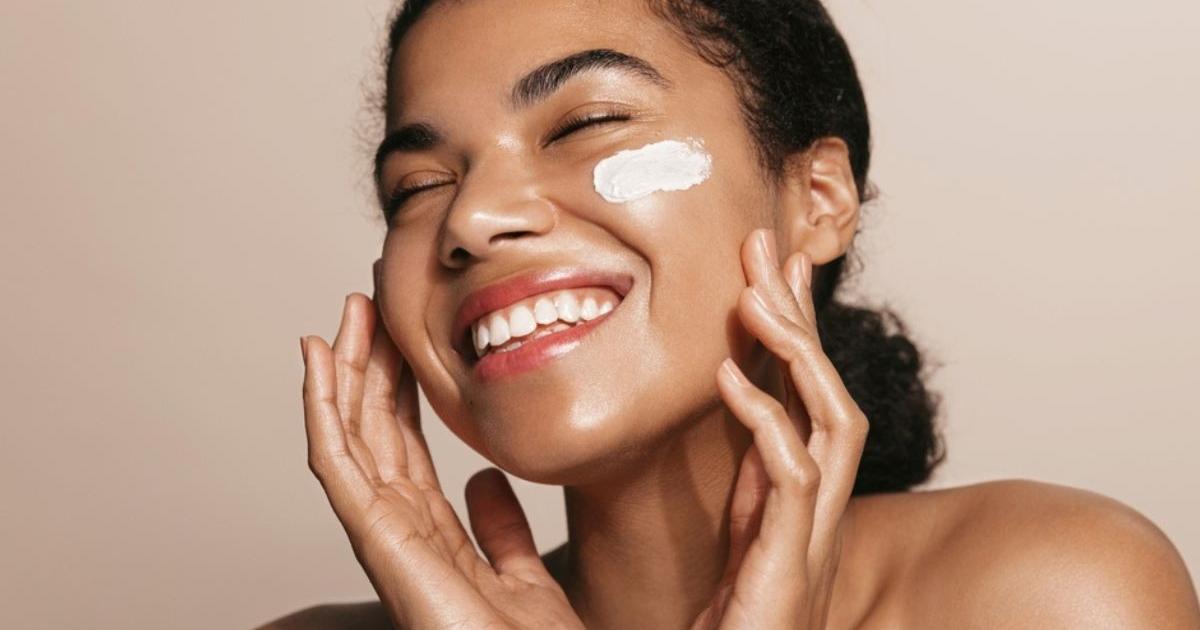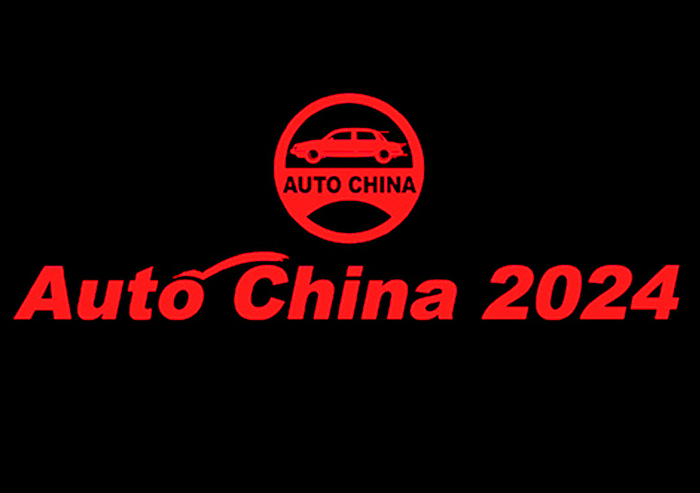Who says “ war ” against the coronavirus, says constitution of a defensive arsenal. In addition to the increase in the production of sanitary masks announced by the executive (from 15 million, it must go to 40 million per month in April, confirmed Emmanuel Macron on Tuesday), the effort also relates to simple surgical masks, to destination of non-carers. " In the coming days ", the executive expects a daily production of "480,000 masks", with the support in particular of the textile industry, said Bercy.
Read also: Coronavirus: but who liquidated the stock of masks?
To produce more of these non-sanitary masks, the ministry launched a call for proposals several days ago to luxury goods companies, clothing and textiles in general. The first partnerships have already been sealed, as Prime Minister Edouard Philippe announced on his Twitter account on March 28: " To meet the demand for masks for non-sanitary professional use, we have mobilized the entire national productive fabric : 24 French producers will be able to produce almost half a million masks per day in the coming days ”. Information confirmed Monday by Secretary of State Agnès Pannier-Runacher.
Bercy specifies that the Directorate General of Armies (DGA) has drawn up specifications "enabling tests to be carried out quantifying the level of protection of these new masks" . These specifications, in accordance with European standards, allow companies that are not specialized in this type of manufacturing to produce masks that are sufficiently protective for everyday workers.
Initiatives everywhere in France
Some textile companies, however, did not wait to urgently mobilize against the Covid-19. They have already started to produce masks, without any specific validation from the authorities. For what level of health security?
It should first be remembered that several types of masks exist. The disposable surgical mask, first of all: by wearing it, the contaminated person avoids throwing particles; however, an individual who is not yet affected will not be protected by such a mask. It is this type of mask that SMEs have started to manufacture on their own initiative. The so-called “ filtering ” mask (models FFP2 and FFP3) is supposed to protect the uncontaminated person who wears it. This one is much too complex to manufacture in an artisanal way, because of the obligation of " sealing the face ", underlines Doctor Odou, professor of pharmacy at the CHU of Lille and head of the pharmacy department of the city, who calls to avoid " playing the sorcerer's apprentice ".
Read also: Coronavirus: other industries are helping mask manufacturers
At L'Ascenseur Confection, a specialist in workwear in Merville, in the North, the workshops have reopened to make these surgical masks. "This allows you to participate in the national effort, to feel useful by supporting those who continue to work," says sales manager Fabien Flotat, who reports 30,000 orders already received. Objective of the company: to manufacture between "800 and 1000" masks per day, destined for the agrifood sector and street deliverers, "in order to avoid stocks for hospitals being mobilized" . It was necessary very quickly to create a template to model the masks and establish a specification. They are made from polyester and cotton fabric. “ It is a mask in degraded mode and self-certified. It is similar to what can be found in use in agrifood companies , ” explains Fabien Flotat. Production started the week of March 23.
Since mid-March, the small company Les tissages de Charlieu (Loire), which normally produces fabric for fashion or aeronautics, has also dedicated its production to surgical masks in washable fabric. They are not approved to European standards, but comply with specifications validated by medical teachers. 180,000 masks leave the converted small factory every day, says the company at Le Figaro. " It's better than nothing, we will take what we are given, " said Dr. Fabrice Denis, oncologist and pilot of the government information site on Covid-19.
Lemahieu , another company from the North, cooperated with the Lille University Hospital. The hospital has developed and tested a model in the laboratory before production is launched, reports La Voix du Nord . The company that usually produces knitted underwear is targeting 700 masks a day for hospital staff. The CHU specifies, however, that these masks are not used during invasive or medical procedures, but are " an acceptable substitute " in other situations such as traveling to the hospital. Nothing was left to chance, however. " We have mixed a certain number of materials that are found in surgical masks with standards, " explains the co-creator of this model, Doctor Odou, from the Lille University Hospital. " We did not have time to use a test method of the current standard which is too cumbersome, but we used the tools available in our laboratory by comparing our technique to what exists. We selected the important filtering points from a particulate count, verified and validated the level of filtration, the rate of humidity accumulation ... ”. These mask prototypes are currently being tested by the DGA for approval.
"Nothing prohibits" the production of these masks
Without prior production authorization and without quality control by a central authority, what does the government think of these disparate initiatives?
" Nothing prohibits" the manufacture of these masks, replies Yves Marie Cann, adviser to Agnes Pannier-Runacher, the Secretary of State to the Minister of the Economy and Finance. " Provided you do not make a false allegation concerning the Covid-19" . Clearly, these masks cannot claim to be a reliable protection against the virus, but can still be produced and distributed. Wearers should therefore be careful, because "without having tested the fabric you cannot know what its protective capacity is , " adds Dr. Odou.
" Most of the small companies that make fabric masks do what I call comfort masks , " he explains, while recalling that the French could do without in many situations. “But that has a reassuring side. After all, a mask, by definition, filters ”.

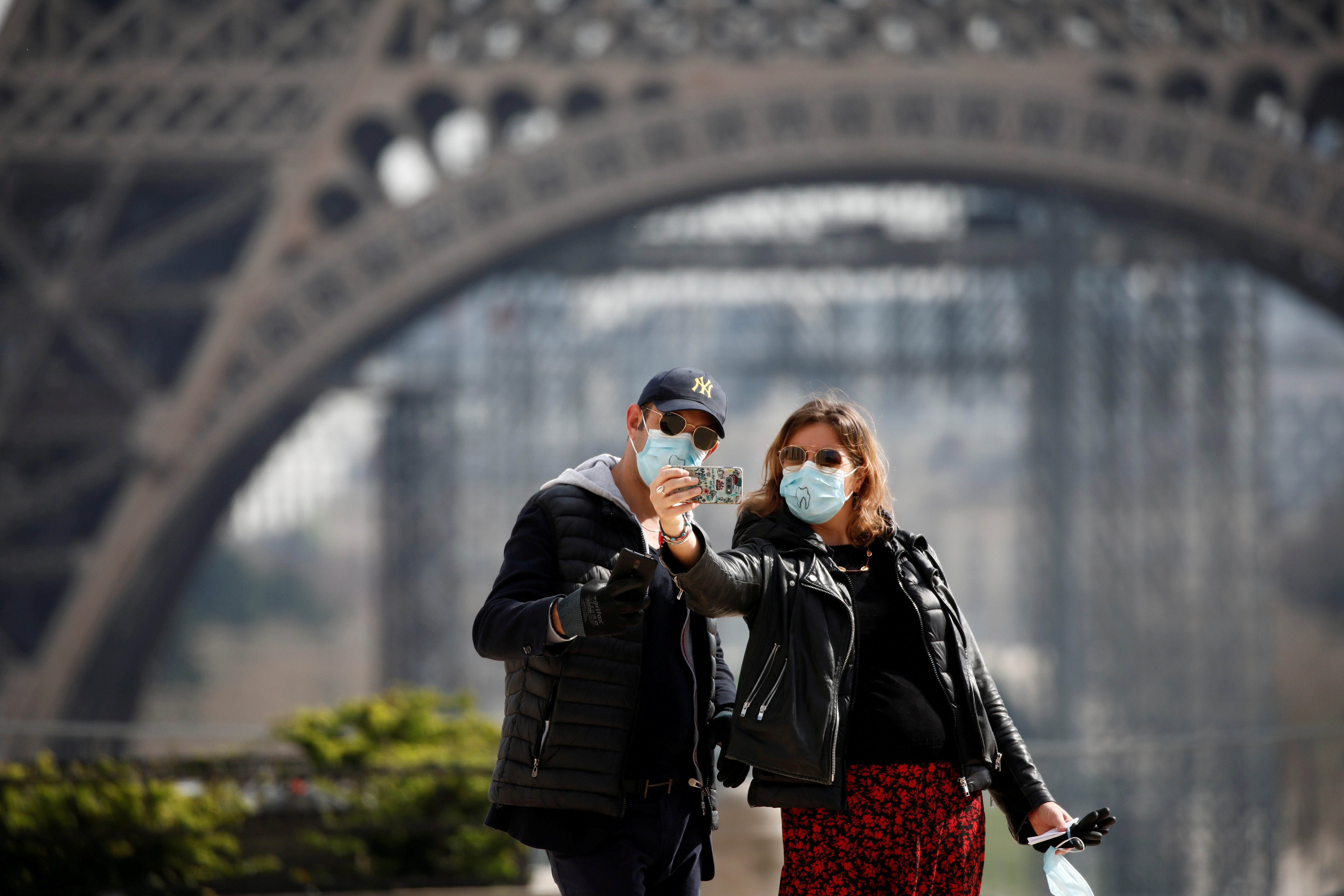

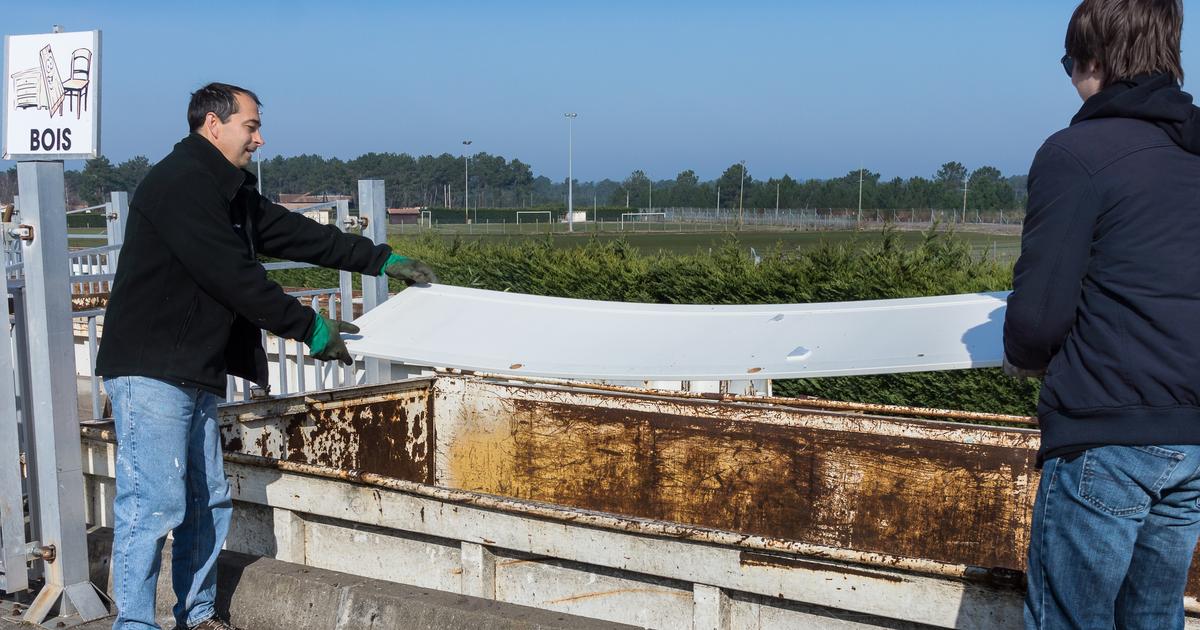
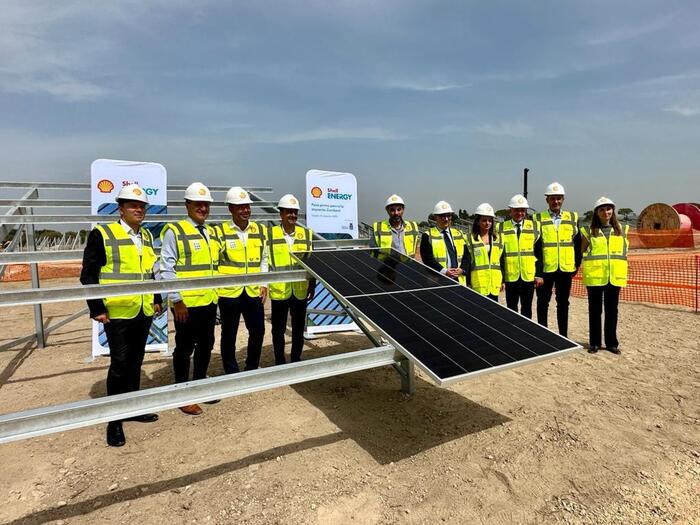
/cloudfront-eu-central-1.images.arcpublishing.com/prisa/VUFOGL2LQ5BQDDK7HMLDMKESHI.jpg)
/cloudfront-eu-central-1.images.arcpublishing.com/prisa/BUA2NNBCCBACHEPXXR6NIRKCA4.jpg)
